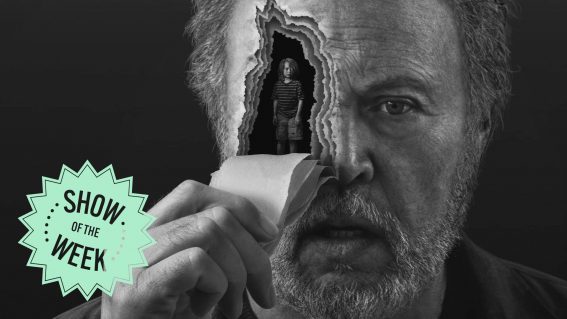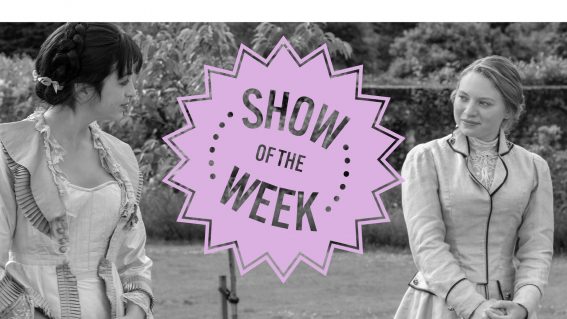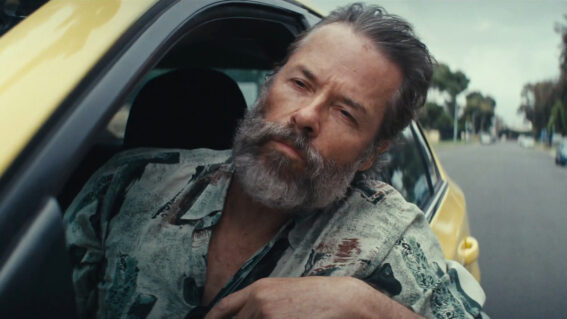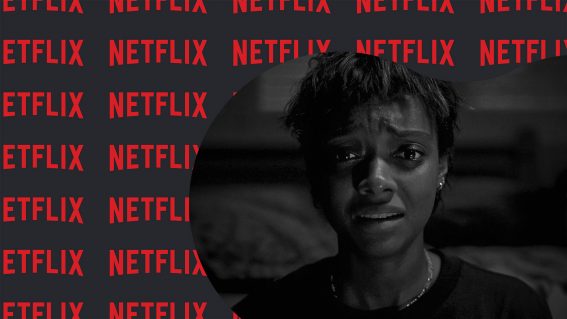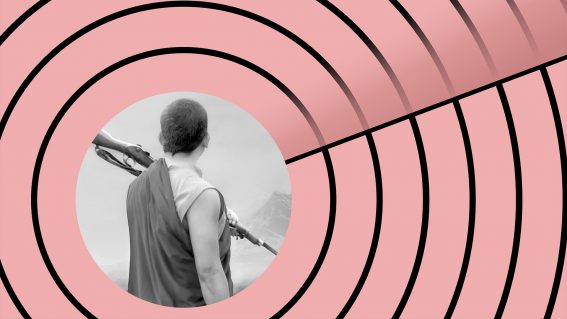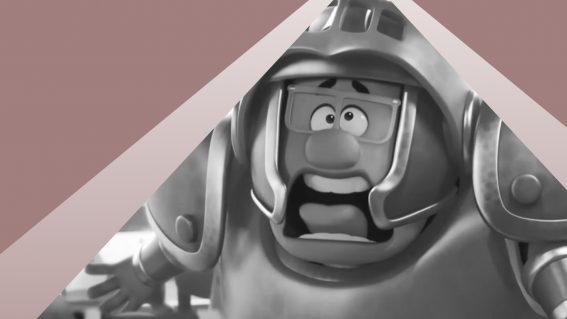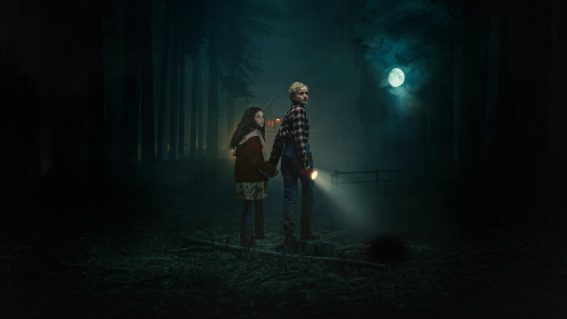Cryptic, luscious, dark-souled series The Changeling toys with our perception
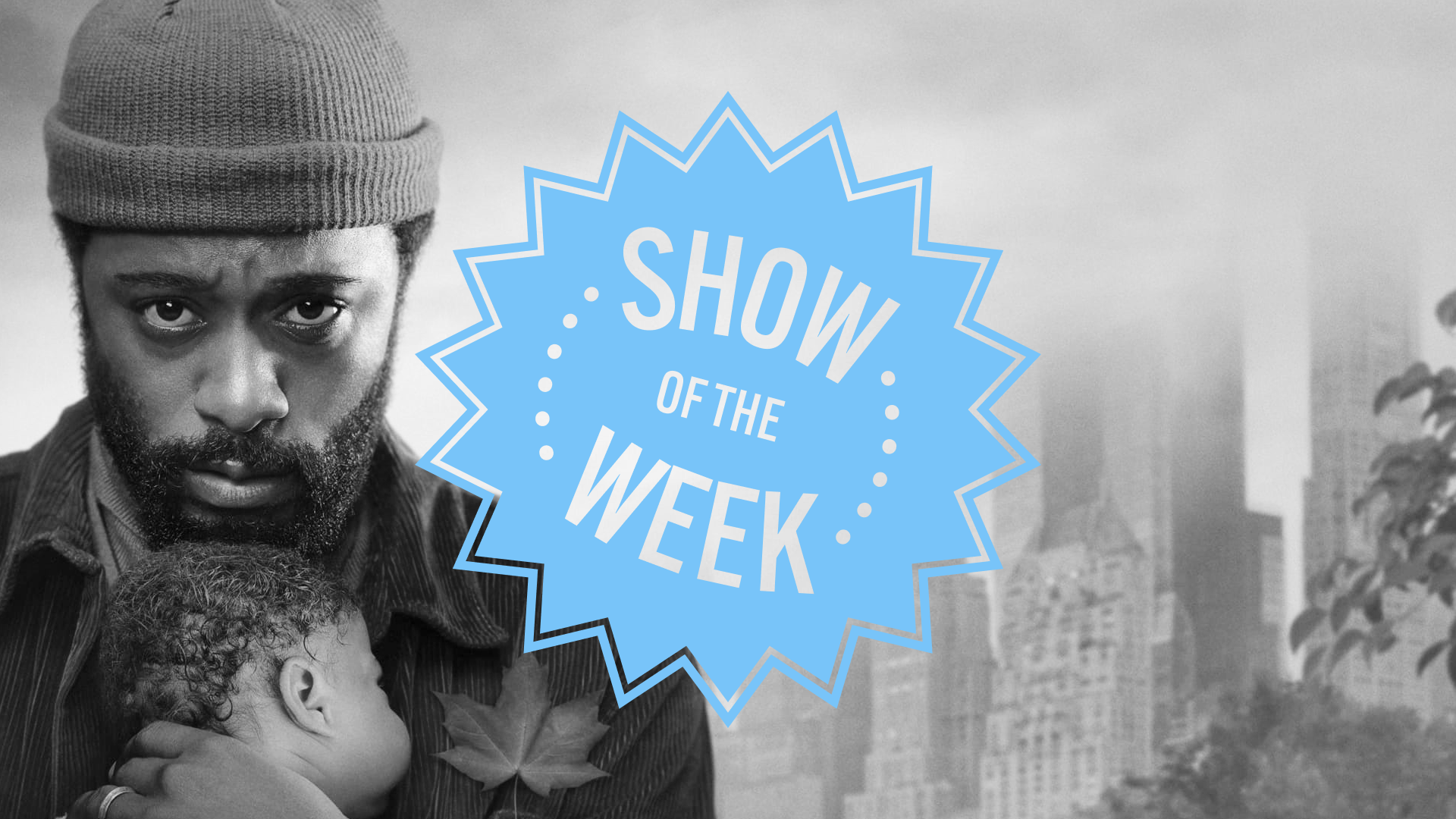
We’re all drowning in content—so it’s time to highlight the best. In her column, published every Friday, critic Clarisse Loughrey recommends a new show to watch. This week: Apple’s modern fairytale saga The Changeling.
“Tell me your journey, each of you. Tell me your life’s voyage and I will tell you who you are,” a voice recites. It’s that of Victor LaValle, author of the novel Apple TV+’s new cryptic, luscious, dark-souled The Changeling is based on. It’s rare to see an author occupy such a central space—literally so—in a TV adaptation. But it’s exactly in the series’ nature, so enmeshed is it in the nature and purpose of storytelling, the eternal thread that tangles all our lives up into a single knot of love and loss. We are each unique. Our emotions are not.
LaValle’s words—“Tell me your life’s voyage and I will tell you who you are”, a repeated chorus—aligns him closely with Homer, and the opening declaration of the Iliad: “Sing in me, Muse, and through me tell the story.” Its title is a reference to the simulacrum infants left behind when fairies spirit away people’s newborn children, and there are references to witches, curses, and an unground city navigated by a nervous man who may as well be a white rabbit.
But The Changeling is as much a rejuvenation of the old epics as it is a modern fairytale. There’s a Callisto (Jane Kaczmarek), the leader of a mysterious island whose name is borrowed from the nymph devotee of Artemis, and, more importantly, an Apollo (Lakeith Stanfield). Apollo was taught by his mother, Lillian (Alexis Louder, with Adina Porter as an older Lillian), to believe that he was a true reincarnation of the god of truth and prophecy. It’s made him reckless. Divine retribution sneaks in through the side door, but only after he’s discovered perfection: the woman of his dreams, Emma Valentine (Clark Backo), and a son, Brian, named after the father who walked out on him many years ago.
Emma, like many a woman of classical myth, is drawn towards the feminine power and emancipation that lies in sorcery. On a trip to Brazil, on the shores of Lagoa do Abaeté, she encounters an old woman, who ties a bracelet around her wrist. She’s granted three wishes “for now, after, and beyond”, one for each knot that’s tied. They’ll come true once the bracelet wears away, snaps, and falls. Apollo, believing himself powerful enough to grant those wishes himself, cuts the bracelet. Nothing good comes of it.
Emma and Apollo become the outsized, symbolic figures of ancient tragedy, driven to the brink of madness, unable to comprehend whether their evil fate (the title is a clue) is real, imagined, inevitable, or an act of hubris. The show’s directors, which include Queen and Slim’s Melina Matsoukas, frame them in sumptuous, ochre-tinted beauty, with a look that belongs to old, illustrated books and lamp-lit libraries.
Emma’s frenzied power, the darkness that clouds her features when she starts to doubt her reality, recalls Medea, the murderous matriarch of Euripides’s play; while Stanfield, as an actor, has an electricity in his voice, that sparks life into LaValle’s elegant, but unnatural dialogue. Porter shines in an episode dedicated entirely to a monologue that she delivers within the purgatory-like confines of a hotel room. It’s the closest television gets to theatre, as the actor takes command of the room she’s in, the screen she’s contained in, and, by extension, the space we inhabit.
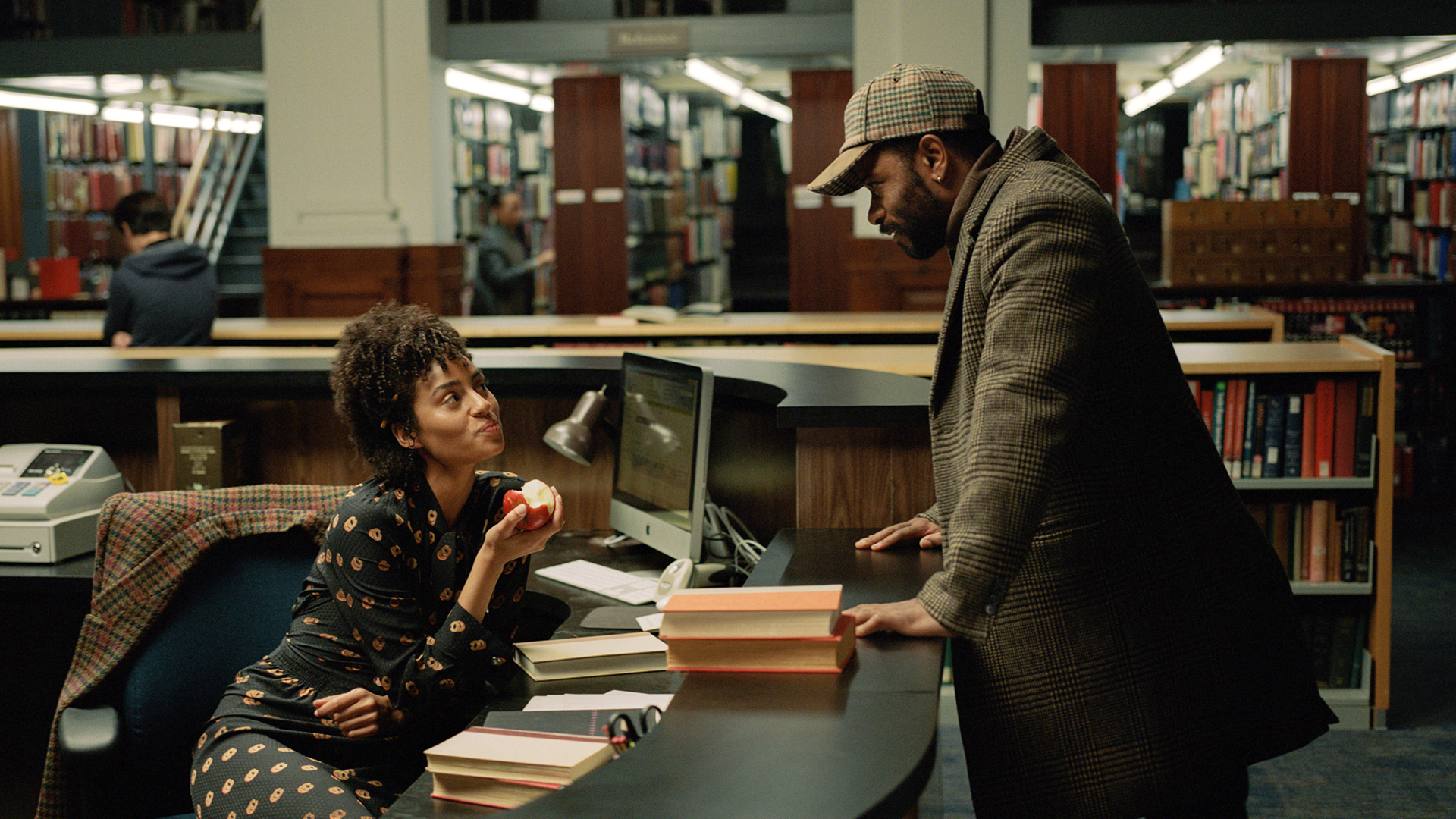
The Changeling is a dense, and occasionally frustrating, work. It skips wildly between time periods, not only revisiting Apollo and Emma’s past courtship, but Lillian and Brian’s, too. It toys with our perception in inexplicable ways—did Emma walk out of shot there? Or did she float? It’s impossible to be sure. But the jumble all feels intentional. It’s clear LaValle’s story (to be upfront, I haven’t read the novel) is hinting at a drawn-out, generational curse that may even stretch back to a ship of early American settlers arriving from Norway, taking refuge from religious persecution, and making an impossibly perilous journey across the ocean.
Present and past, story and experience. The Changeling sees them all as one and the same. As its Callisto warns: “the new fears are the old fears, and the old fears are ancient. But when it’s our turn to face them, they are made new.” Peel back the myths, the fairytales, and we see Apollo, Emma, and Lillian for who they are: lost souls, trying to find themselves in the timeless roles of lovers, partners, and parents.



